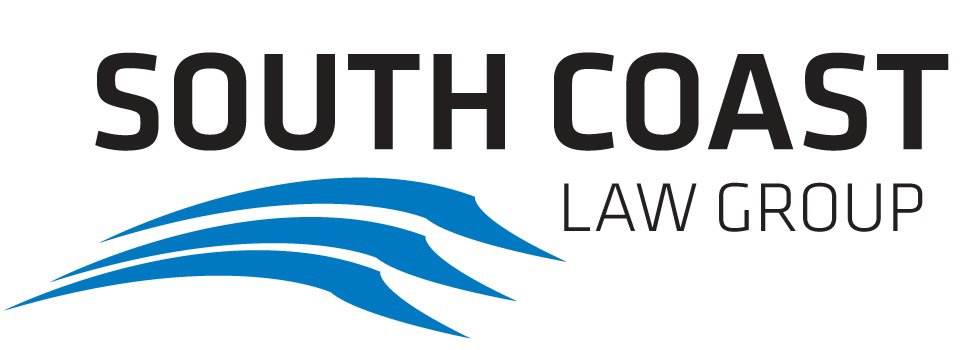Dispute Resolution Lawyers
Disputes don't usually go away on their own. There are many ways within our legal system to resolve a dispute—each with their own benefits and short comings. One method is mediation.
Three good reasons why you should consider mediation
It's fast.
In a worst case scenario, litigation can take several years from start to finish. On the other hand, it can take as little as a few days to go through mediation from start to finish. When parties need to resolve a dispute and get on with their lives more quickly, mediation is a good potential solution.
It's economical.
Mediation is often less expensive than the alternatives. A successful mediation will cost a fraction of even a short trial.
A greater range of outcomes.
Mediation focuses on finding common interests of the parties, and can look for creative solutions that a judge would not order.
There are a number of ways to resolve a dispute, but many of them require time, money or a good working relationship with the other party. Where one or more of those do not exist, mediation or an all parties meeting may be your best option.
If you feel that mediation might work for your dispute, give us a call and we'll chat through your situation to determine the best way forward.
Frequently asked questions
-
No, it is not the mediator’s role to provide legal advice to either party. In fact, they will probably urge you to obtain independent legal advice.
-
The cost of mediation varies according the needs of each family, the complexity of the legal issues to be resolved and the dynamics between the parties. The hourly rates of mediators vary (usually within a range of $300 to $500 per hour) and the number of sessions required to reach a final and complete resolution will also vary depending on the issues and needs of the parties. Mediation can be completed in as few as two or three hours or may take days. As each situation is unique, the cost will vary.
-
Typically, only the mediator, the parties and their lawyers (if the parties are represented) are present in a mediation. However, there are times when support people (such as a friend or family member) are present in a mediation, with the permission of the other party.
-
The role of the mediator is to remain neutral and objective throughout the entire process. Our lawyers will support and advocate for you but the mediator will remain neutral.
-
A lawyer will help to ensure that you are fully informed and making information based decisions. They will help you stay grounded and analyze your options.
How do I choose a mediator?
While there are many trained and certified mediators in B.C., they are not all the same. Ideally, you want someone who is an expert in the legal area at hand, has a good track record, and is a good fit for your individual needs.
The starting point in choosing a mediator is first gathering information about the mediator’s knowledge and training. Questions you may wish to ask include: Has the mediator been certified by a reputable agency or society? What is the nature of any formal training the mediator has undertaken? Does the mediator have any special knowledge or expertise in the area you wish to resolve?
Once you narrow your list to those mediators with the requisite knowledge and training, assess what style of mediation you think would best serve your needs. Different mediators have different styles in running a mediation. For example, how comfortable do you feel communicating directly with the other party? Does the mediation engage caucusing (meetings between one party and the mediator) during a mediation? Are you looking for a mediator that is more evaluative (points out weakness in a party’s case or makes assessments about what a judge would likely do) he or is more facilitative (assists parties to analyze issues and explore common interests and options to reach a resolution).
Finally, the most important factor in choosing a mediator, is selecting someone with whom you can create a rapport and ultimately trust to assist you and the other party to reach an enduring resolution to your dispute. Often the only way to determine that is to meet the mediator, or at least chat with them by phone.
While it may seem easier to simply pick any mediator, it is imperative that you assess whether a particular mediator is competent, willing and suited to assisting you in your particular situation. Our lawyers have worked with many mediators and can help find a mediator that will have the best chance at helping you resolve your disputes.
Dispute Resolution Lawyers
-

Renée Aldana
B.A., LL.B.
-

Dustin Kuhn
B.A., LL.B.


